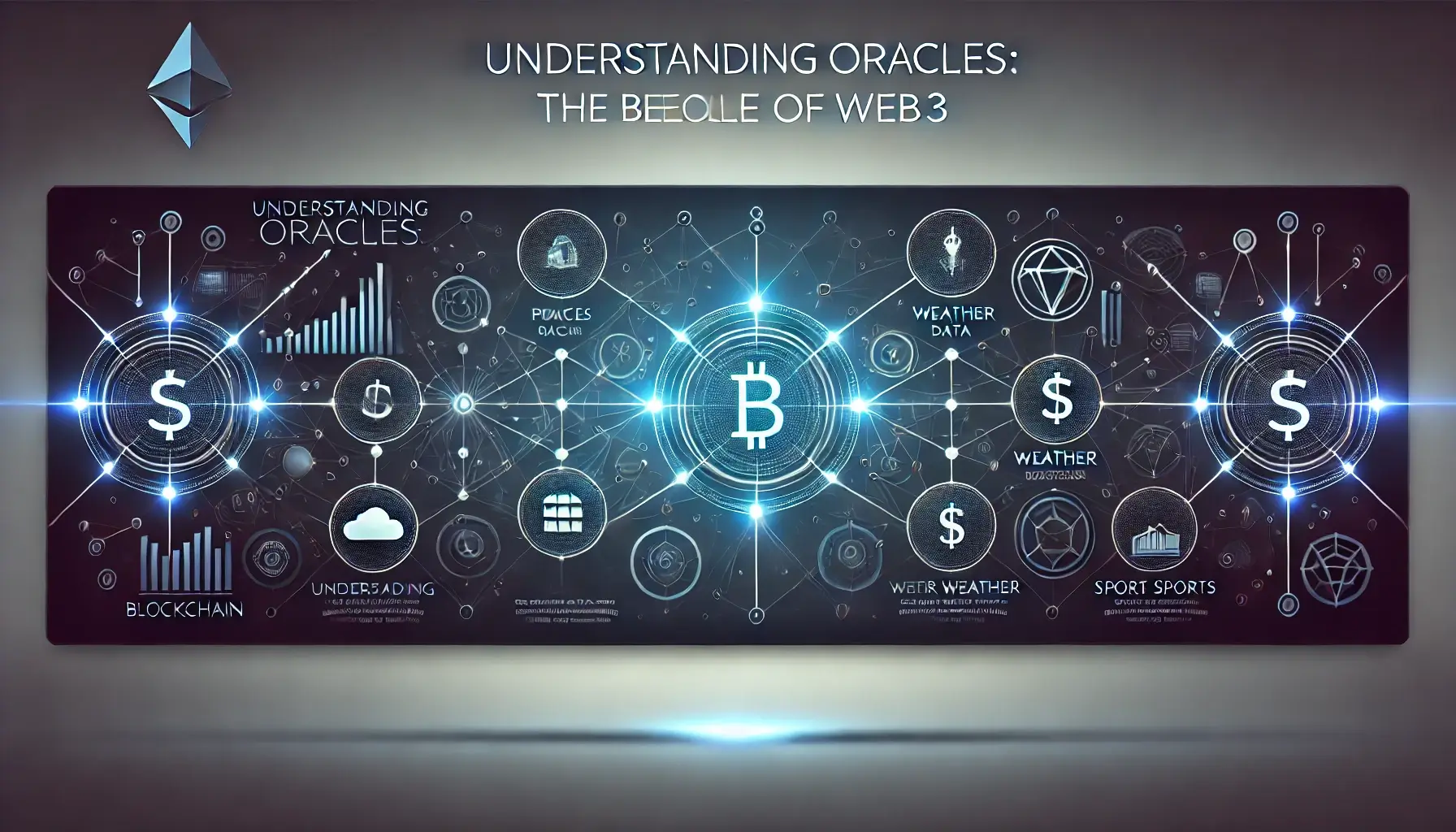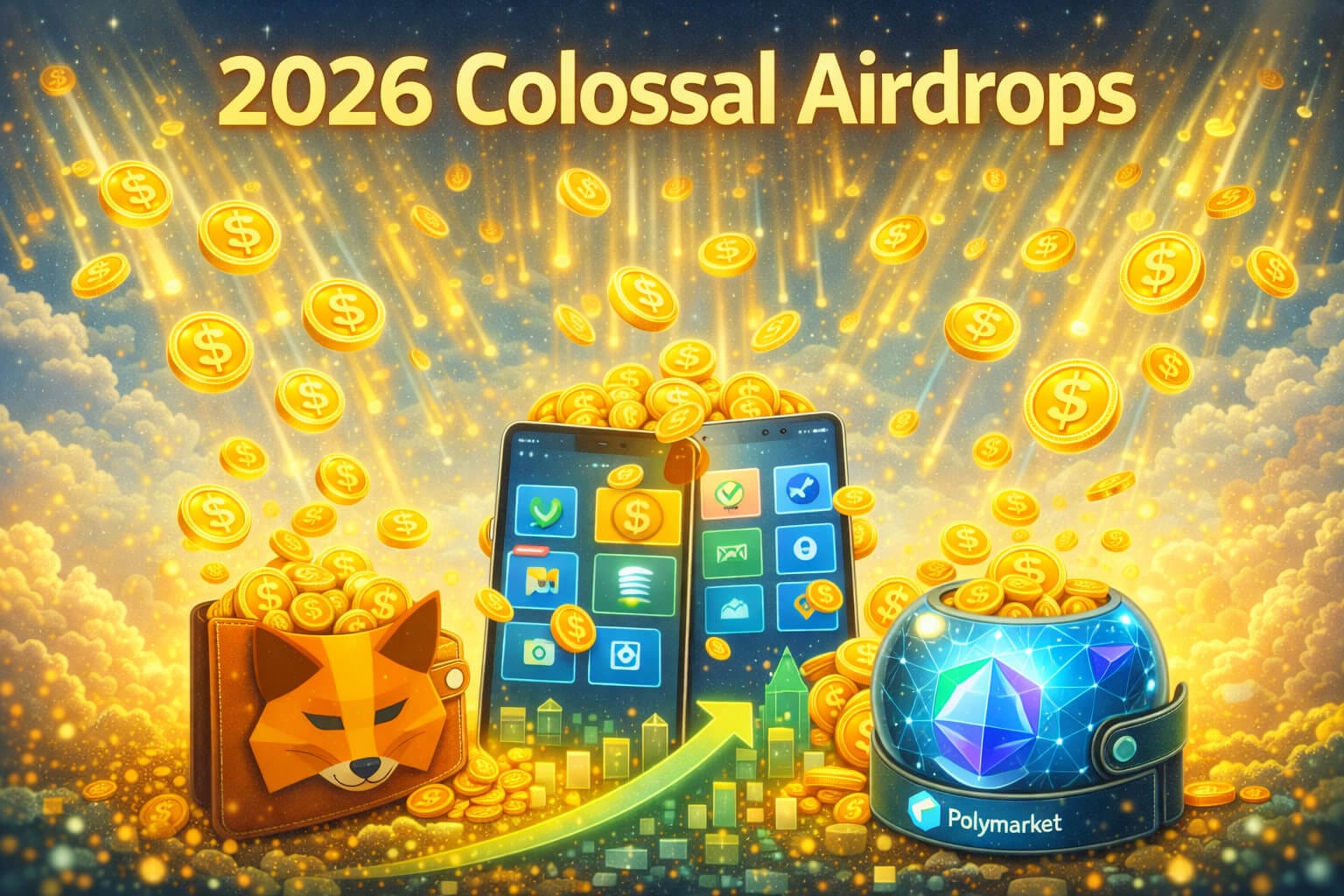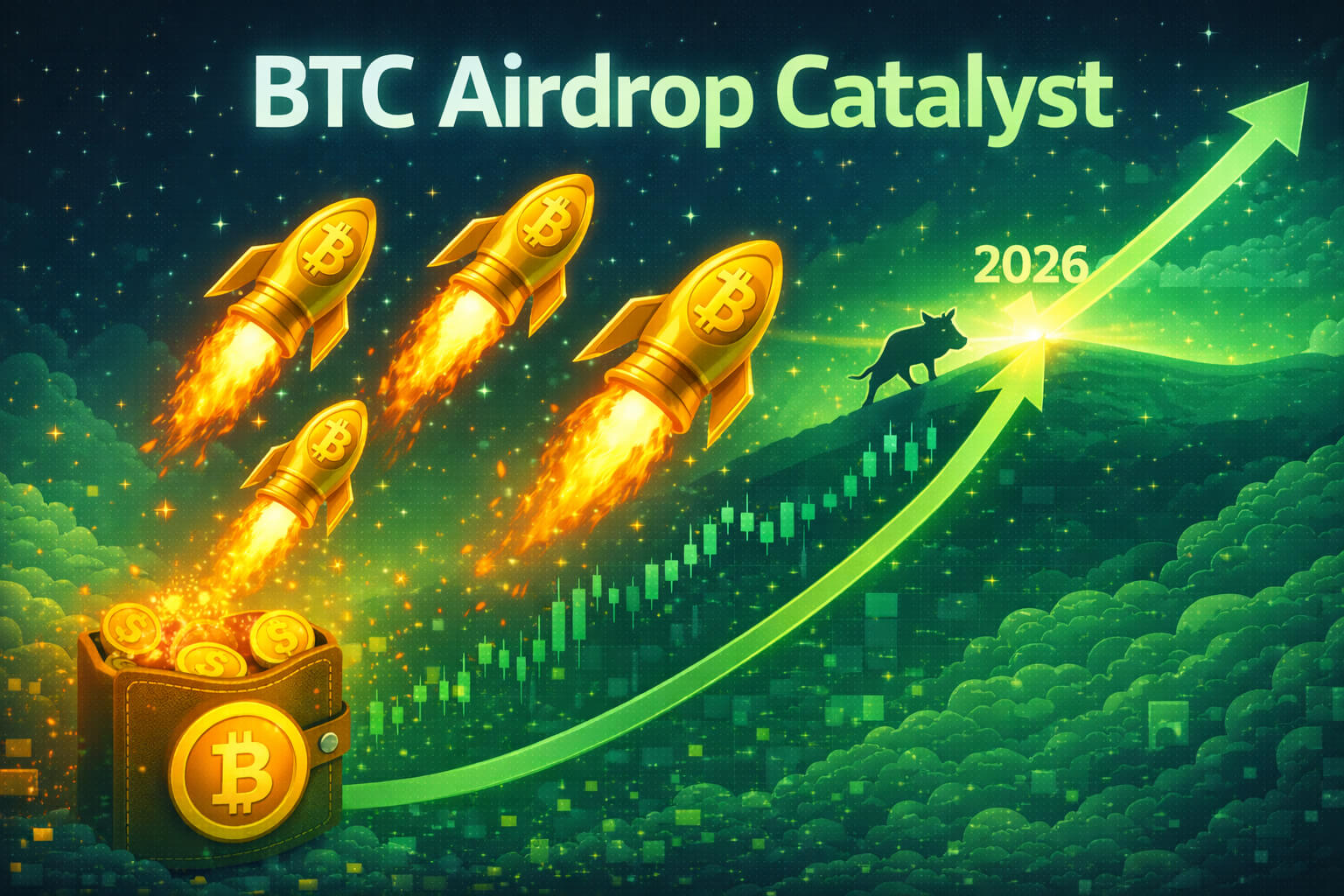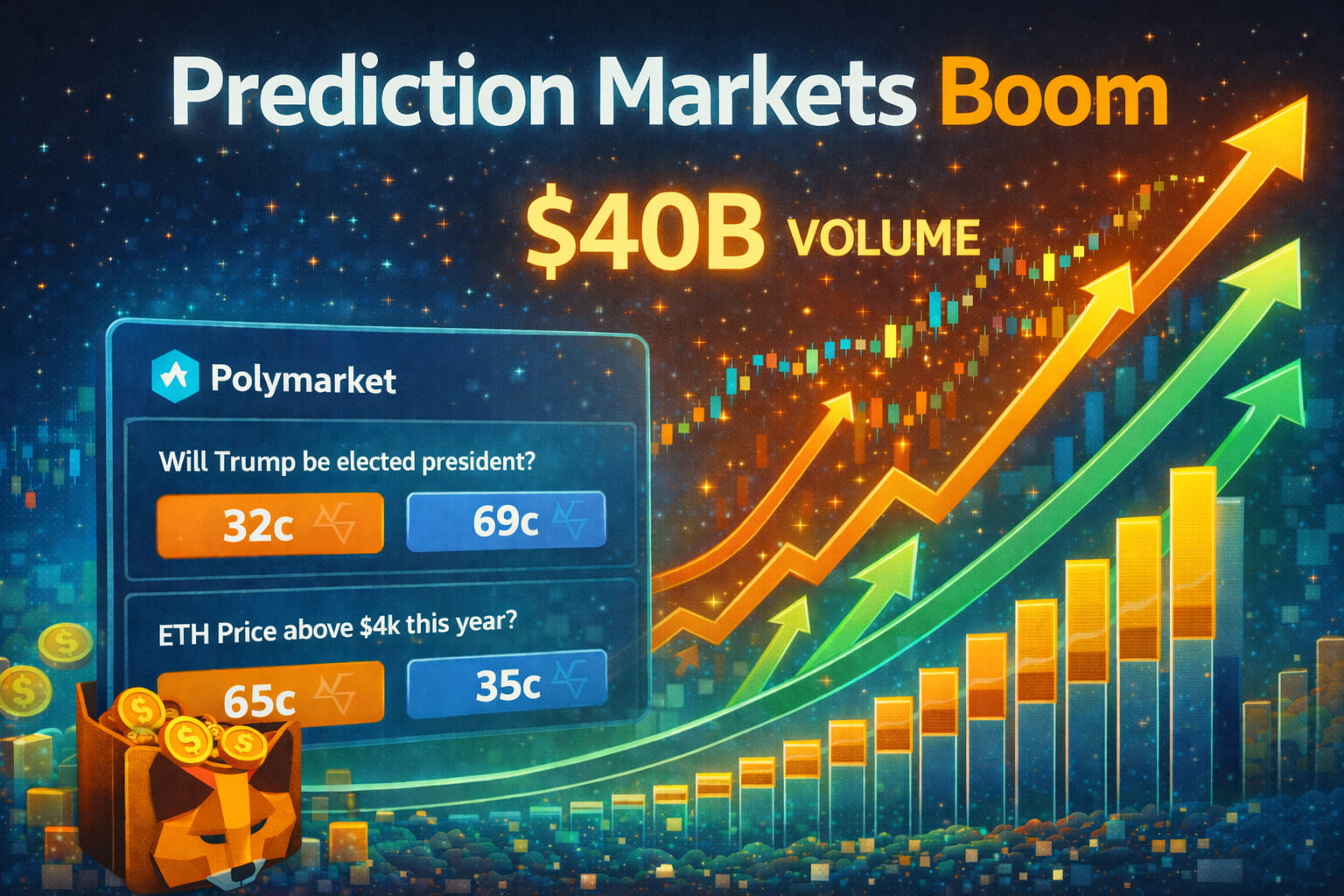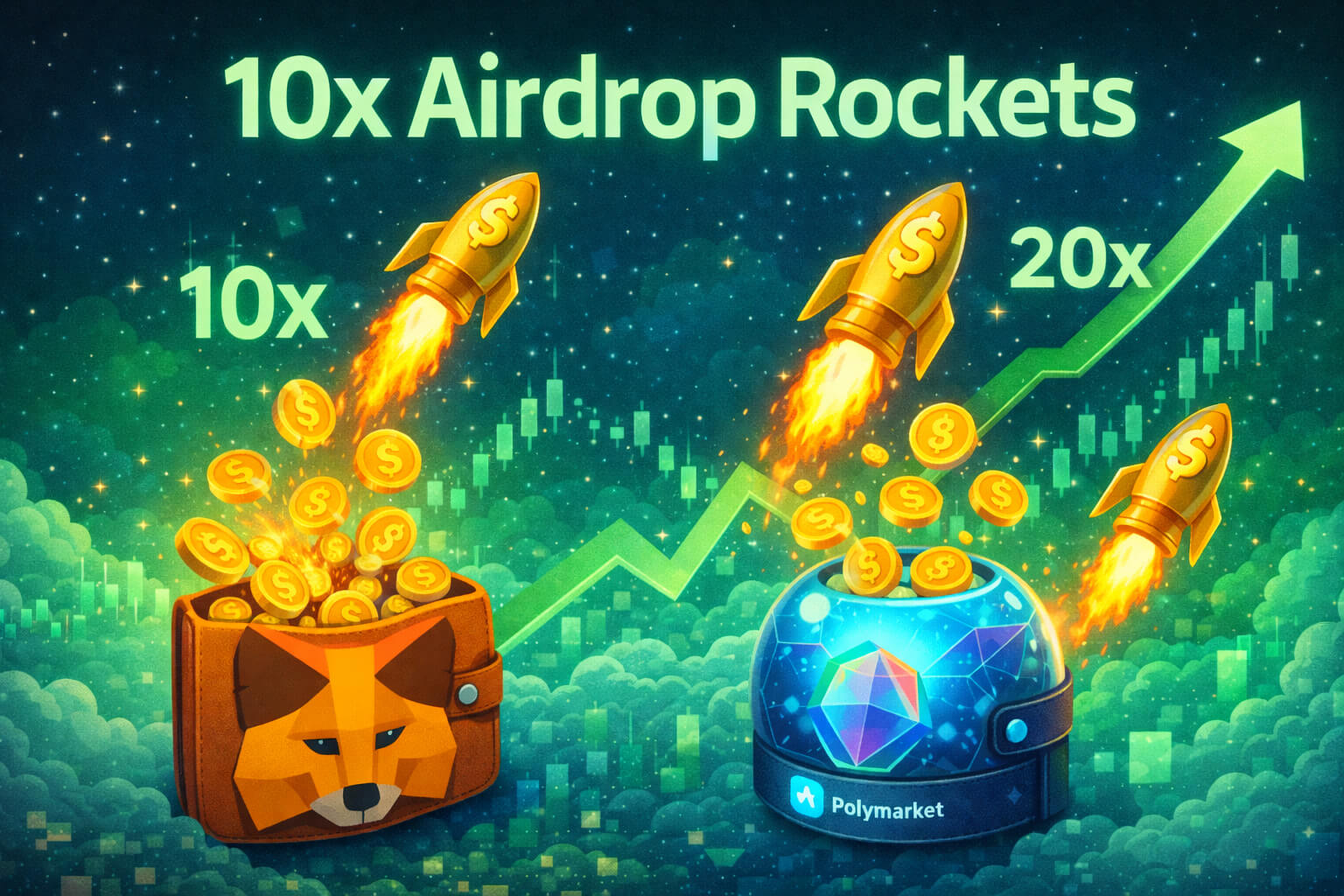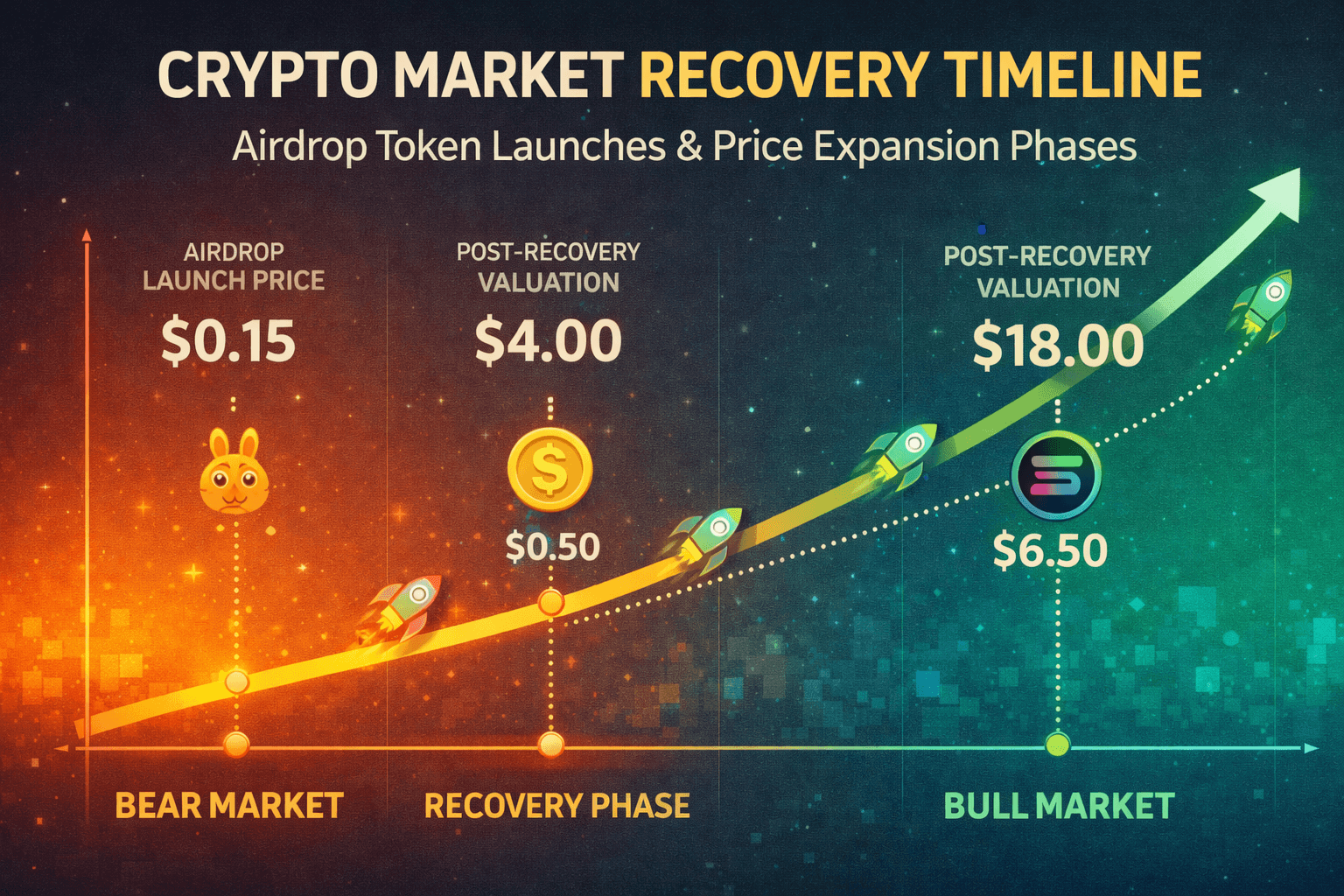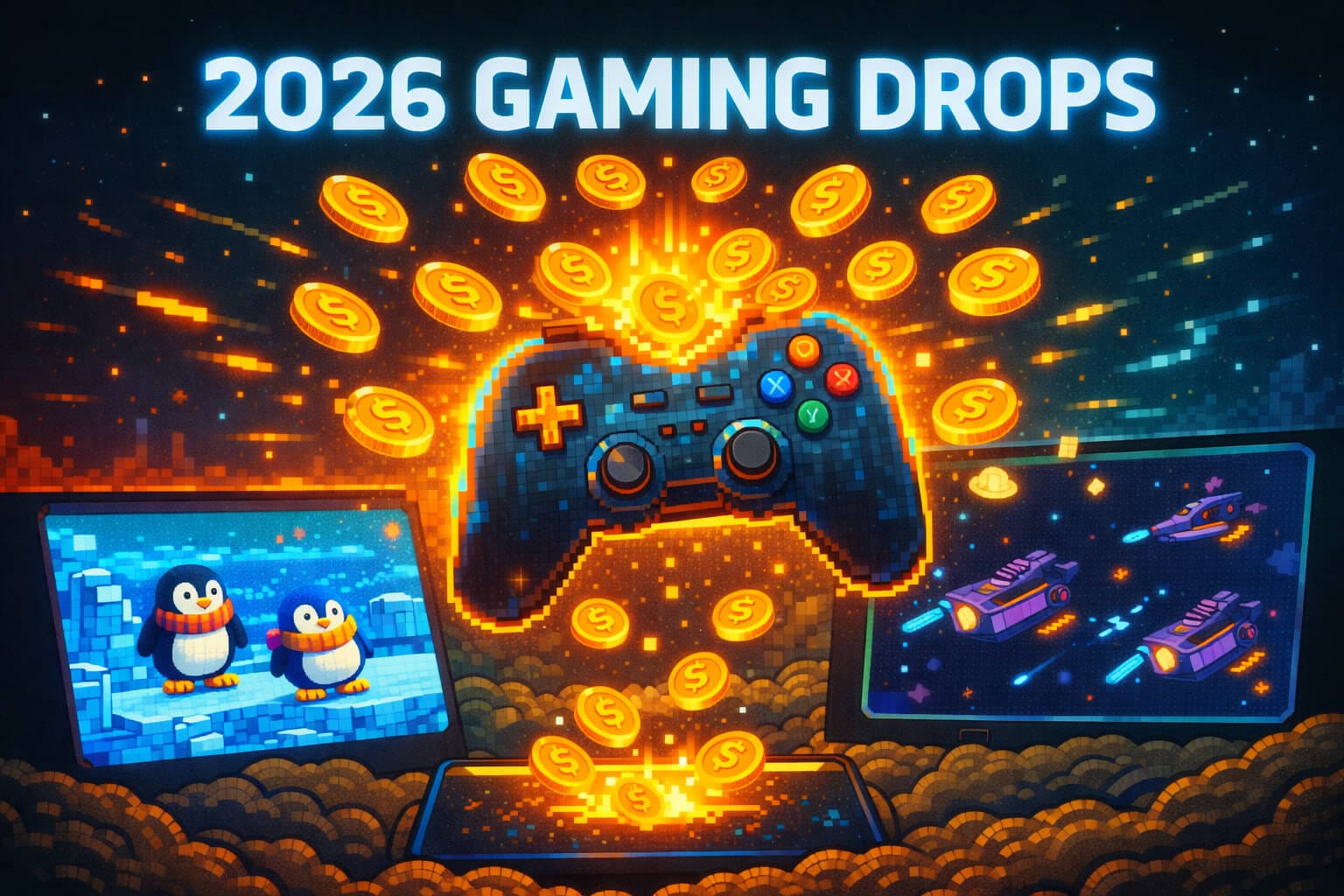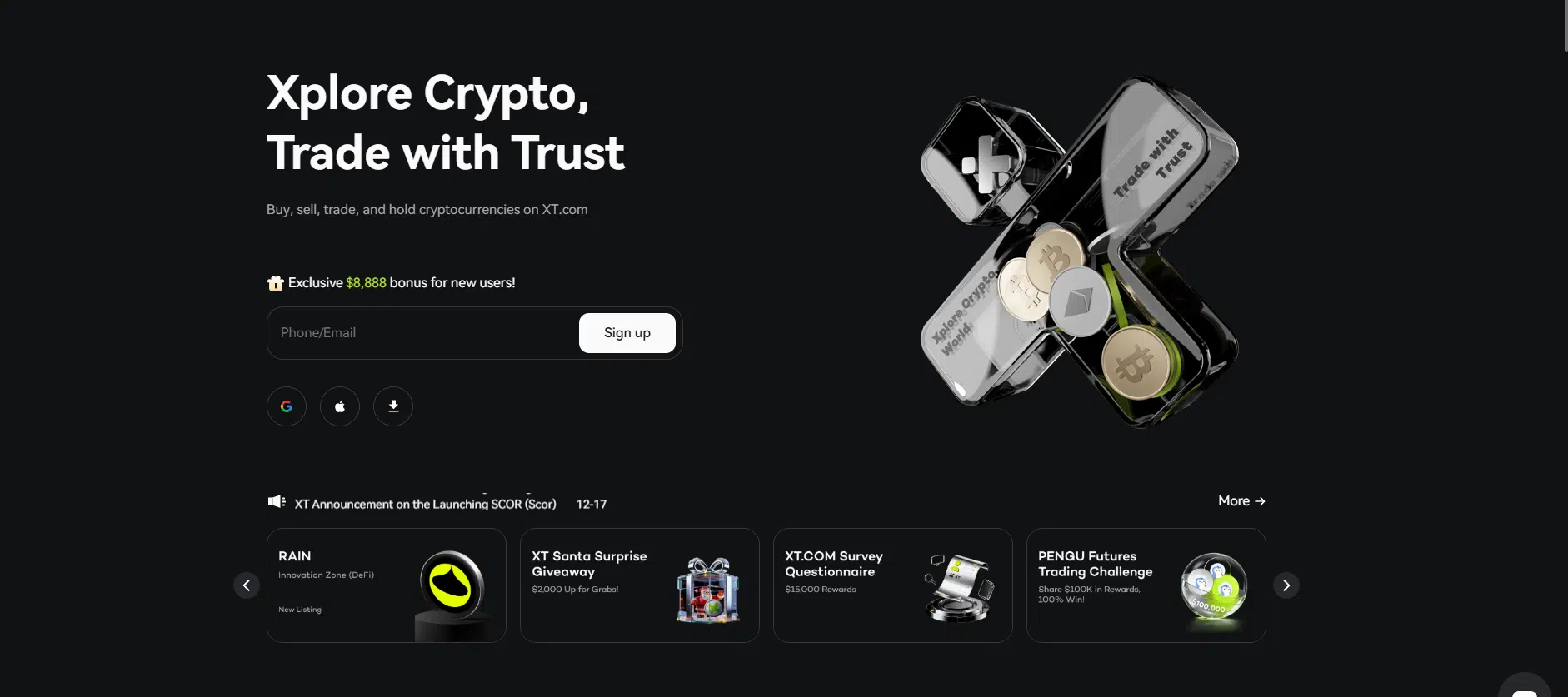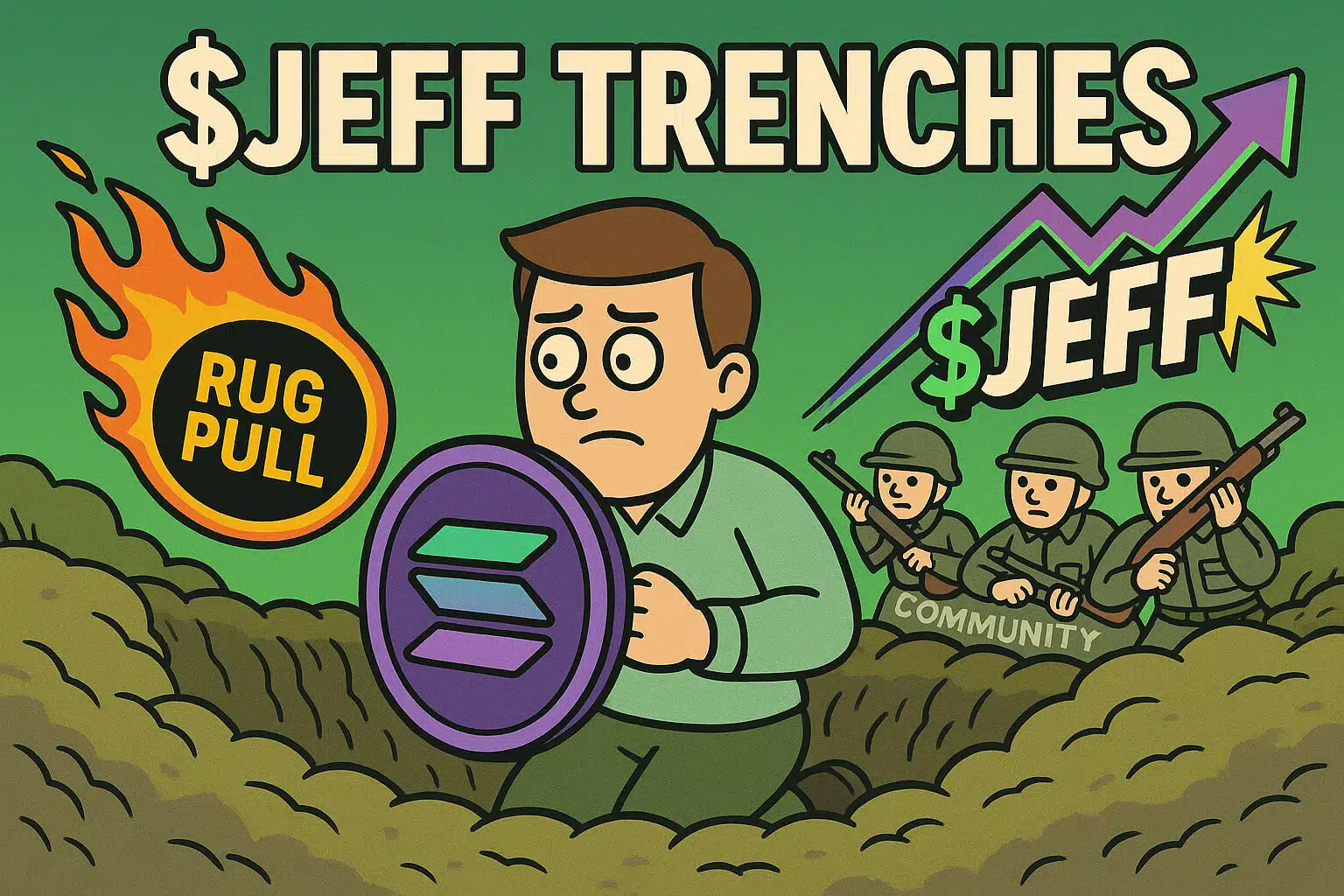Understanding Oracles: The Backbone of Web3
Web3 is transforming the internet by making it decentralized and user-centric. Central to this transformation are oracles, which act as bridges between the blockchain and the real world. This guide will walk you through the basics of oracles, their importance in the Web3 ecosystem, different types of oracles, and how they work.
Ready to explore the world of oracles? Let’s dive in!
What Are Oracles?
Oracles are third-party services that provide smart contracts with external data. They serve as a bridge between blockchain networks and real-world data sources, allowing decentralized applications (dApps) to interact with external systems. Oracles can feed various types of data into the blockchain, such as price information, weather conditions, sports results, and much more.
Why Are Oracles Important in Web3?
Oracles are vital for the functionality and versatility of dApps. Since blockchains cannot access external data on their own, oracles enable smart contracts to execute based on real-world events and conditions. This capability extends the usability of blockchain technology beyond simple transactions, allowing for more complex and meaningful applications.
How Do Oracles Work?
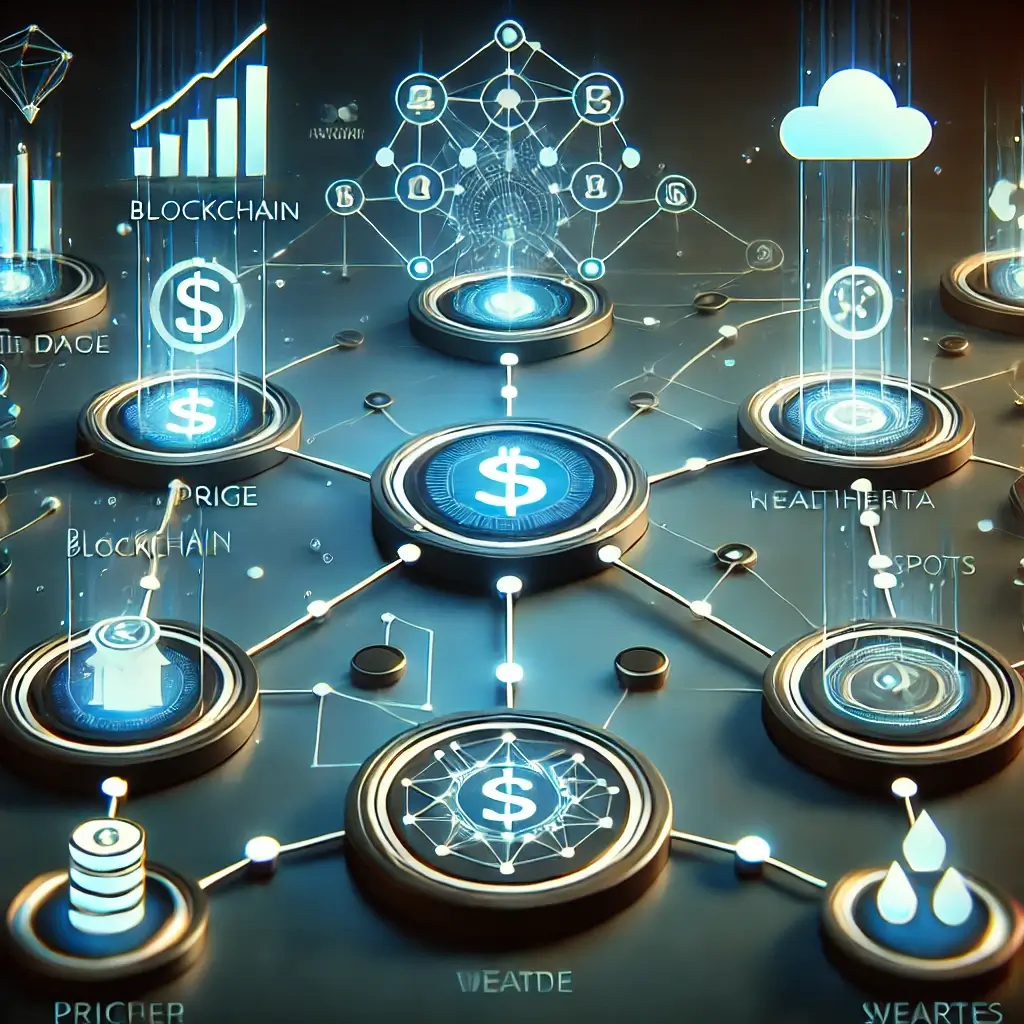
Oracles work by fetching external data and delivering it to the blockchain in a secure and reliable manner. Here’s a simplified overview of the process:
- Data Request: A smart contract requests data from an oracle.
- Data Retrieval: The oracle fetches the requested data from an external source.
- Data Verification: The oracle verifies the authenticity and accuracy of the data.
- Data Delivery: The oracle delivers the data to the smart contract on the blockchain.
Types of Oracles
- Inbound Oracles: Provide data from the external world to the blockchain. For example, fetching real-time price data for cryptocurrencies.
- Outbound Oracles: Send data from the blockchain to the external world. For example, triggering a payment once a smart contract condition is met.
- Consensus-based Oracles: Aggregate data from multiple sources to ensure accuracy and reliability before delivering it to the blockchain.
- Software Oracles: Interact with online data sources like APIs, websites, and databases to fetch information.
- Hardware Oracles: Collect data from the physical world using IoT devices and sensors.
Popular Oracle Services
- Chainlink: One of the most widely used decentralized oracle networks, offering secure and reliable data feeds.
- Band Protocol: Provides cross-chain data oracle services that are scalable and customizable.
- API3: A decentralized API network that allows smart contracts to interact directly with web APIs.
- DIA (Decentralized Information Asset): A data platform that sources and validates data through a community of stakeholders.
Benefits of Oracles
- Enhanced Functionality: Oracles enable smart contracts to access a wide range of external data, enhancing the capabilities of dApps.
- Trust and Reliability: Decentralized oracles use multiple data sources and verification methods to ensure data integrity.
- Automation: Oracles automate the process of data retrieval and delivery, reducing the need for manual intervention.
Challenges and Risks of Oracles
- Data Integrity: Ensuring the accuracy and reliability of data sources can be challenging.
- Security Risks: Oracles can be vulnerable to attacks if not properly secured.
- Centralization: Reliance on a single oracle provider can introduce centralization risks, countering the decentralized ethos of blockchain.
Getting Started with Oracles
- Understand Your Needs: Determine what type of data your dApp requires and how often it needs to be updated.
- Choose an Oracle Provider: Select a reliable oracle service that meets your data needs.
- Integrate the Oracle: Follow the provider’s documentation to integrate the oracle with your smart contract.
- Monitor and Maintain: Regularly check the performance and security of the oracle to ensure it continues to meet your needs.
Wrapping Up: The Future of Oracles in Web3
Oracles are indispensable for the development and functionality of the Web3 ecosystem. By bridging the gap between blockchain and real-world data, oracles unlock a multitude of possibilities for dApps, making them more dynamic and useful. As Web3 continues to evolve, the role of oracles will become even more critical, driving innovation and expanding the potential of decentralized applications.
FAQs about Oracles in Web3
- What is an oracle in blockchain? An oracle is a service that provides external data to a blockchain, enabling smart contracts to interact with real-world information.
- Why are oracles necessary for Web3? Oracles are essential for Web3 because they allow decentralized applications to access and use real-world data, expanding their functionality.
- What are the different types of oracles? Types of oracles include inbound oracles, outbound oracles, consensus-based oracles, software oracles, and hardware oracles.
- What is a popular oracle service? Chainlink is one of the most popular and widely used decentralized oracle networks.
- How do oracles ensure data reliability? Decentralized oracles often use multiple data sources and consensus mechanisms to verify data accuracy and reliability.
Interesting External Links:
By understanding and leveraging oracles, you can unlock the full potential of your decentralized applications and contribute to the growth of the Web3 ecosystem. Happy exploring!


